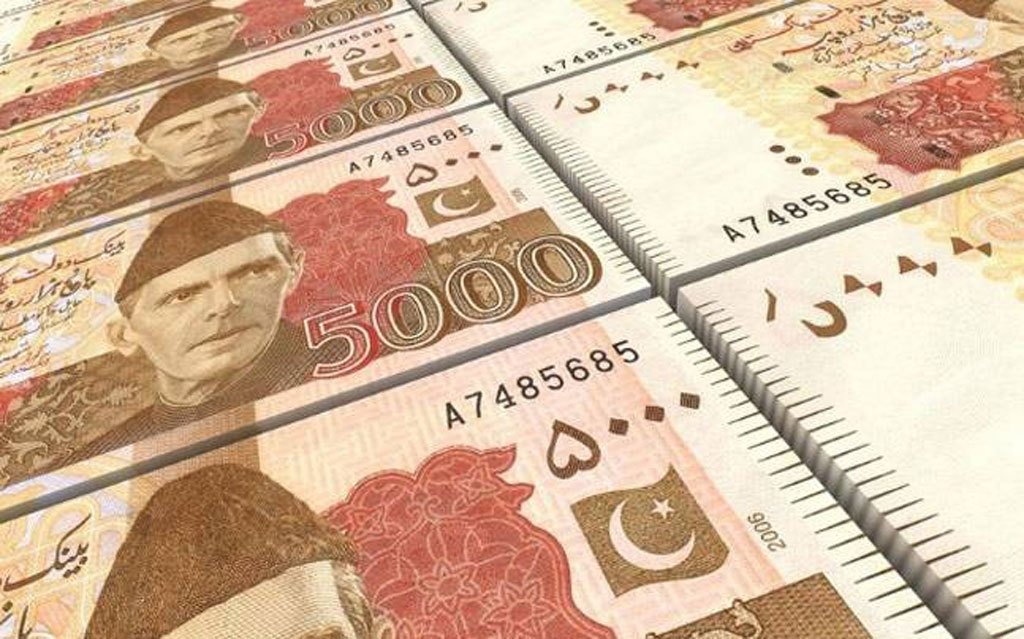Zafar Iqbal
The State Bank of Pakistan’s (SBP) plan to replace all existing currency notes with enhanced security features, starting February 2024, is a bold initiative with both promising and potentially problematic aspects. While the stated goals of curbing corruption and combating counterfeiting are laudable, a closer look reveals complexities and potential challenges.
Positives:
- Enhanced Security: Upgrading security features is crucial to combating counterfeiting, a growing concern acknowledged by the SBP. New notes with improved features will make it harder to forge and circulate fake currency, protecting the integrity of the financial system.
- Anti-Corruption Potential: The move targets illicit funds stashed away, potentially disrupting corruption networks that rely on large cash holdings. Replacing high-denomination notes like the Rs5,000, often used in informal transactions, could further hamper corrupt practices.
- Transparency and Modernization: Introducing new notes with fresh designs signifies a commitment to transparency and modernization. It aligns Pakistan with global trends in currency management and could boost confidence in the financial system.
Challenges and Concerns:
- Logistical Complexity: Replacing all notes nationwide within a short timeframe is a herculean task. The SBP needs to ensure smooth cash flow, public awareness campaigns, and efficient exchange mechanisms to avoid disruptions and public frustration.
- Potential for Black Market: The sudden withdrawal of old notes could fuel a black market for exchanging them, benefiting those with prior knowledge and access to resources. The SBP must implement robust safeguards to prevent such exploitation.
- Political Resistance: Powerful individuals and groups who benefit from the current system, including those involved in corruption or the informal economy, might resist the changes. The SBP needs strong political backing and public support to overcome such resistance.
- Impact on Informal Economy: While curbing the Rs5,000 note’s use might aim to formalize the informal economy, it could disproportionately impact smaller businesses and individuals who rely on cash transactions. The SBP must consider targeted measures to support such segments during the transition.
The SBP’s currency replacement plan holds promise for enhancing security, transparency, and potentially tackling corruption. However, its success hinges on meticulous planning, efficient execution, and robust measures to address logistical challenges, potential black market activities, and the impact on vulnerable segments of the economy. Open communication with the public and strong political backing are crucial for navigating potential resistance and ensuring a smooth transition. Only time will tell if this ambitious initiative achieves its intended goals without unintended consequences.
Overall, the SBP’s currency replacement plan holds promise for tackling corruption, enhancing security, and promoting a more formal economy. However, careful implementation is crucial to address logistical challenges, minimize disruptions, and ensure equitable outcomes for all segments of the population. The success of this initiative hinges on effective communication, public education, and strong political support.
Please, subscribe to the YouTube channel of republicpolicy.com
















